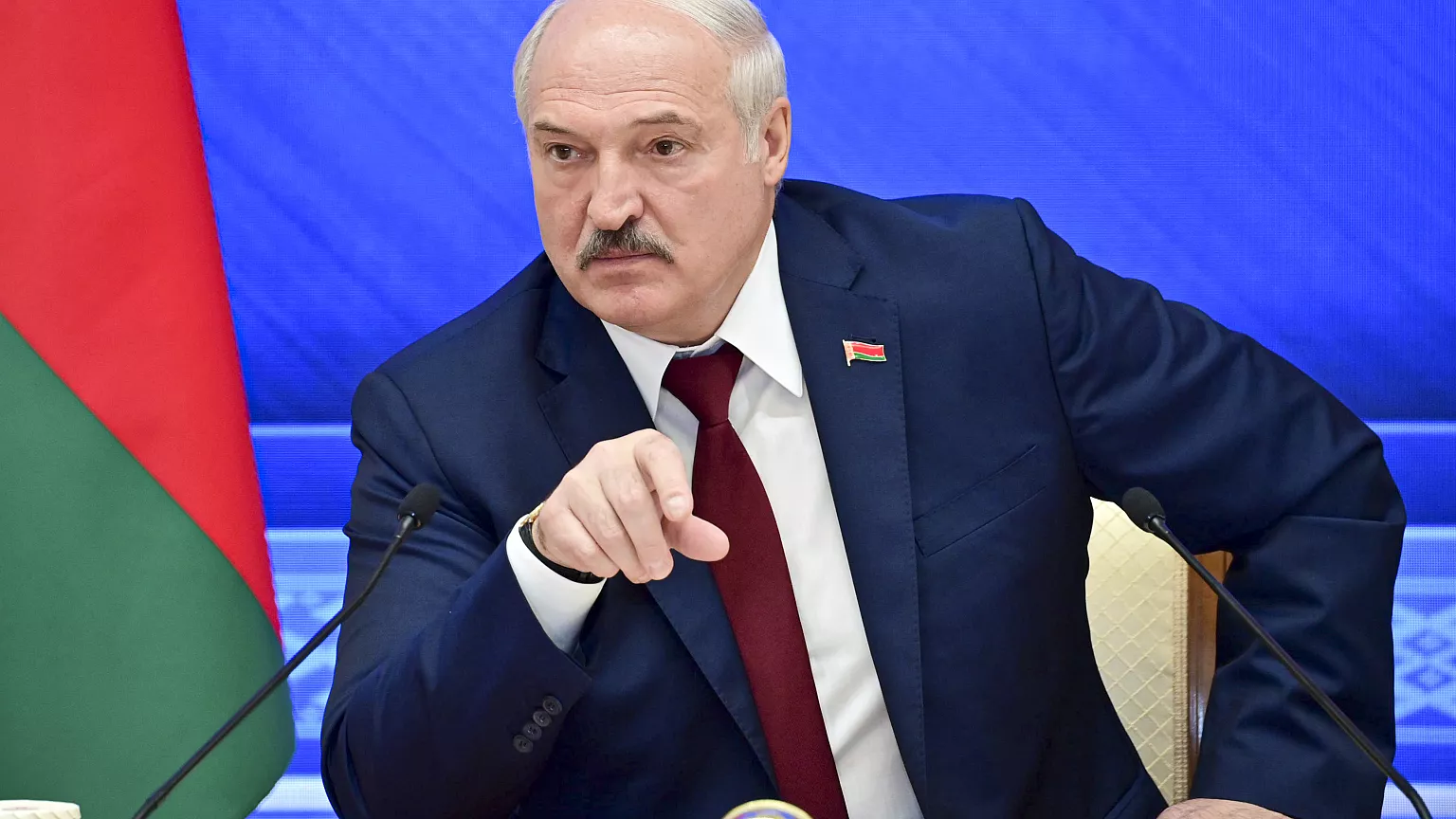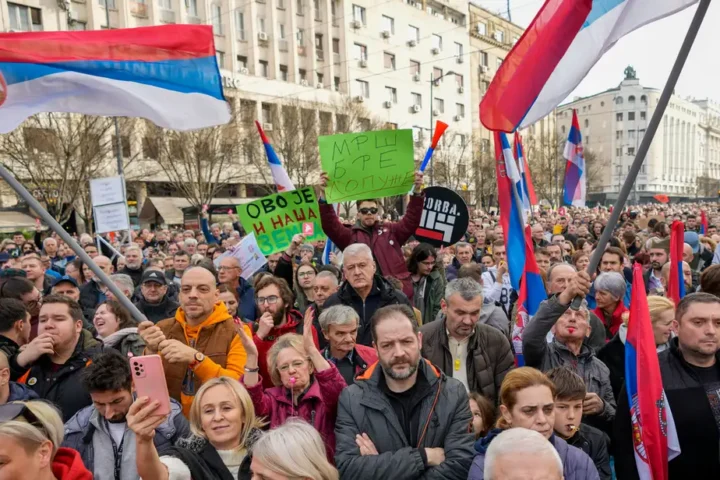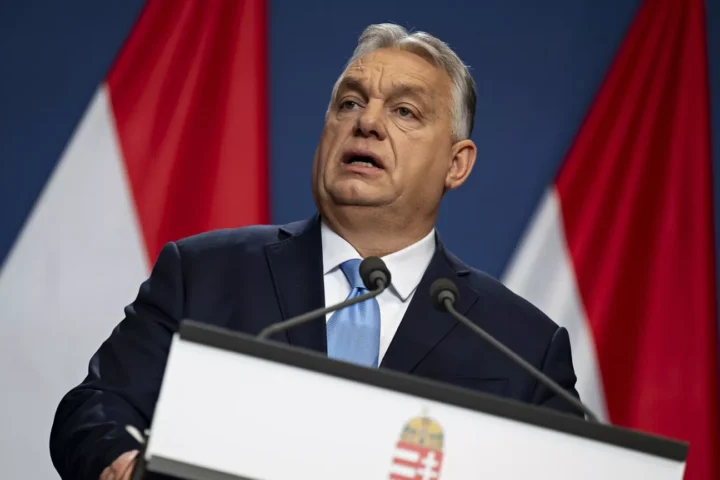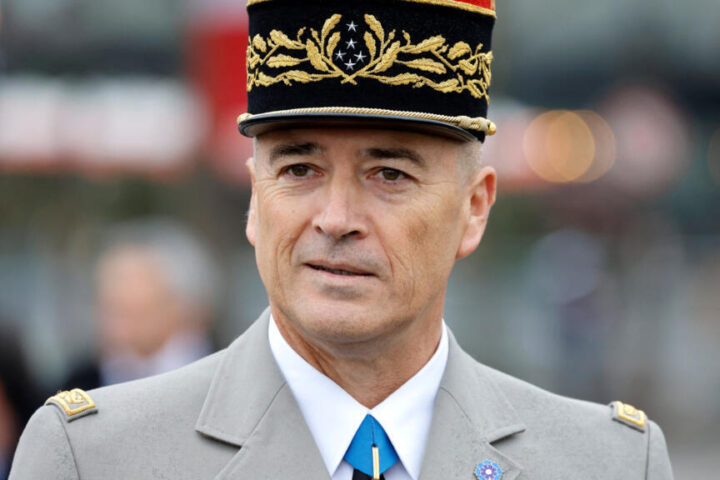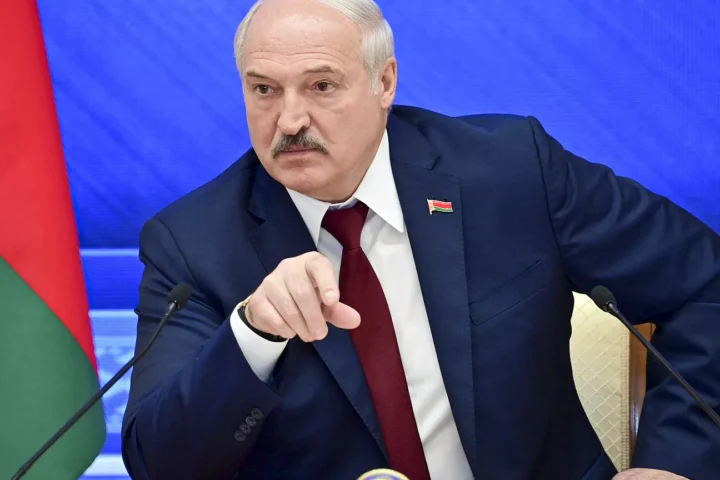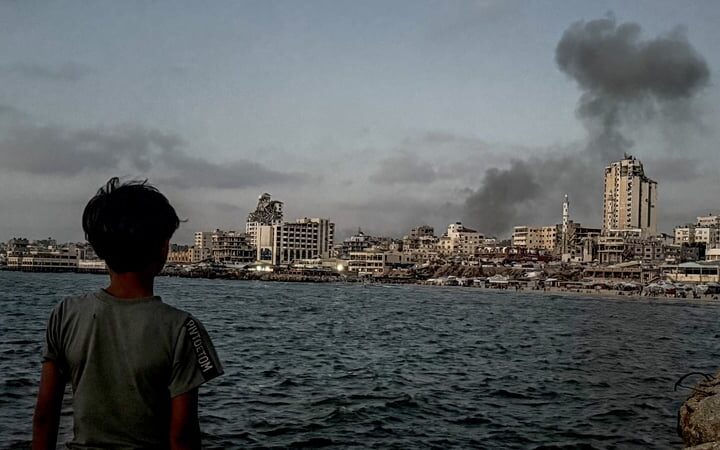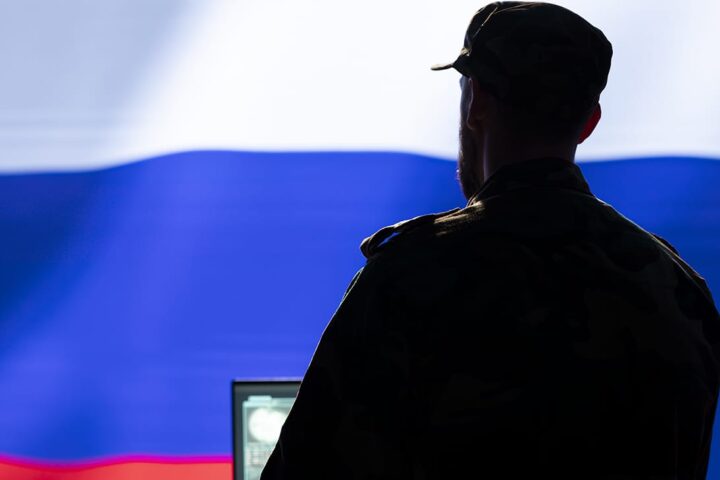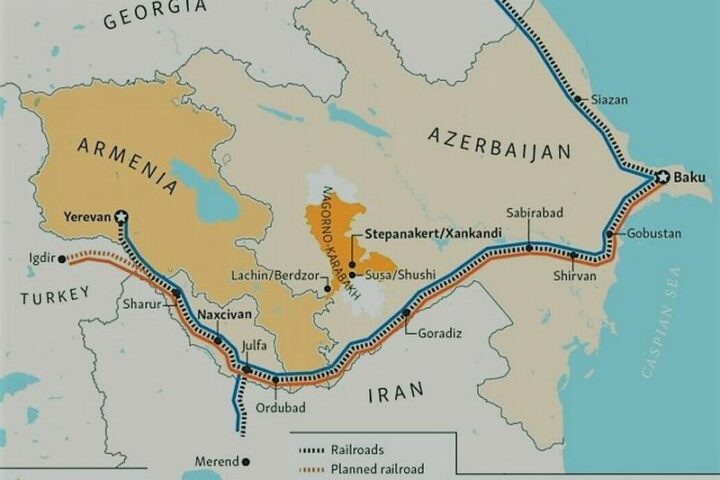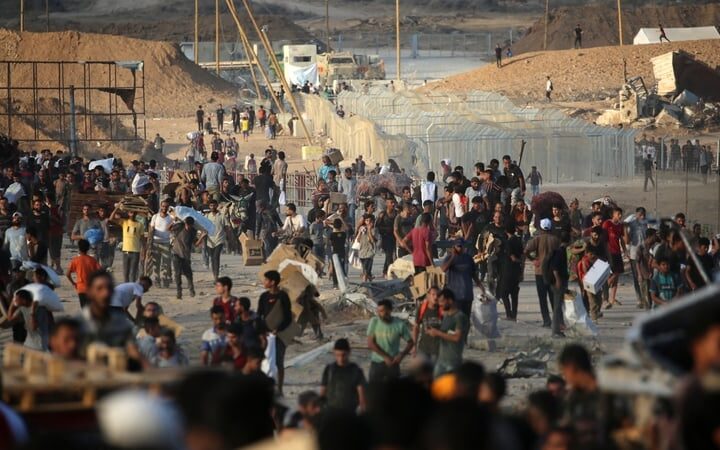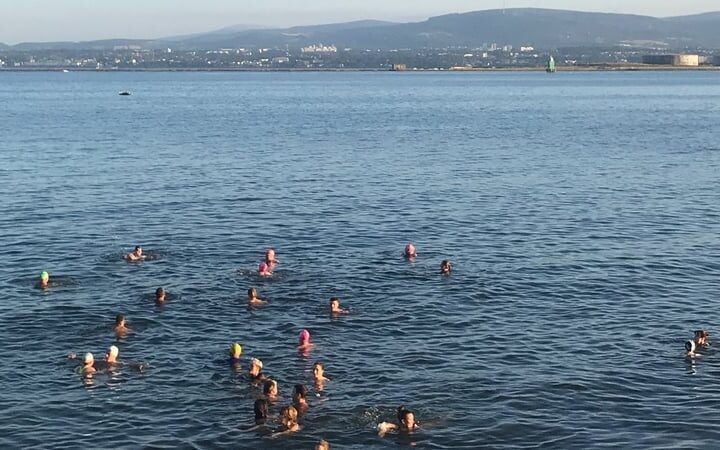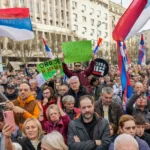A new wave of arrests targeting participants of the 2020 Belarusian protests has raised concerns about President Alexander Lukashenko’s tightening grip on power, just weeks after the symbolic release of several political prisoners.
On 11 July 2025, Belarusian human rights activists from the Viasna centre and former law enforcement officials affiliated with the BELPOL initiative reported the sudden detention of individuals who had taken part in the mass protests against the allegedly rigged 2020 presidential election. The crackdown comes despite previous assurances from security forces and senior officials that all dissent inside the country had been “completely neutralised”.
Statute expiry may be driving new repression
According to observers, the renewed arrests are likely linked to the impending expiry of the statute of limitations under Article 342 of the Belarusian Criminal Code. This provision, which criminalises participation in activities that disrupt public order, was widely used to imprison protesters following the 2020 unrest. With its legal reach nearing expiration in summer 2025, the regime may be accelerating prosecutions before that window closes.
These developments stand in stark contrast to Lukashenko’s recent gestures of openness, including the surprise release of 14 political prisoners in late June. Among them was Siarhei Tsikhanouski, a prominent opposition figure and husband of exiled opposition leader Sviatlana Tsikhanouskaya. That move followed the visit of Keith Kellogg, special representative of U.S. President Donald Trump on Ukraine and Russia affairs, to Minsk — a rare high-level contact between Belarus and Washington.
Signs of wavering confidence amid geopolitical shifts
The oscillation between symbolic liberalisation and renewed repression suggests that Lukashenko’s long-running authoritarian rule — now in its seventh term since 1994 — is entering a more precarious phase. While the veteran leader retains control over key state institutions, including the media, judiciary and law enforcement, the simultaneous domestic crackdown and selective international engagement point to growing unease within the regime.
Despite facing international sanctions and continued criticism from Western governments, Lukashenko has intensified efforts to project an image of strategic openness. In recent years, he has sought to diversify foreign policy beyond traditional reliance on Russia, pursuing deeper ties with China and stepping up engagement in Africa. His government has also maintained involvement in multilateral organisations such as the Shanghai Cooperation Organisation (SCO), and hosted a number of diplomatic encounters — including with Western officials — in an effort to demonstrate that Belarus is not diplomatically isolated.
However, this balancing act — between East and West, between openness and repression — underscores Lukashenko’s vulnerability in a region marked by instability and shifting alliances. While an informal UK-based sociological survey suggests that up to 40% of Belarusians still support the president, the enduring effects of the 2020 crackdown, including hundreds of imprisonments and forced disappearances, continue to cast a shadow over the country’s political landscape.
Systemic repression persists despite diplomatic overtures
The 2020 protest movement marked a turning point in Belarus’s modern history, galvanising a generation of citizens and triggering unprecedented state retaliation. Since then, civil society has faced systematic dismantling: independent media outlets have been shuttered, non-governmental organisations dissolved, and internet freedoms curtailed. Many activists have fled abroad, while those who remain operate under constant threat.
Lukashenko’s occasional release of political prisoners or flirtation with dialogue appears increasingly tactical, rather than genuine reform. Even as Minsk claims to seek improved relations with the West, the regime continues to “tighten the screws” at home — a pattern that belies the narrative of pluralism and suggests that regime survival remains the overriding objective.
In this context, the July arrests may not only be a legal manoeuvre but also a strategic message — that even past dissent will not be tolerated, and that the window for compromise is tightly controlled by the state.
